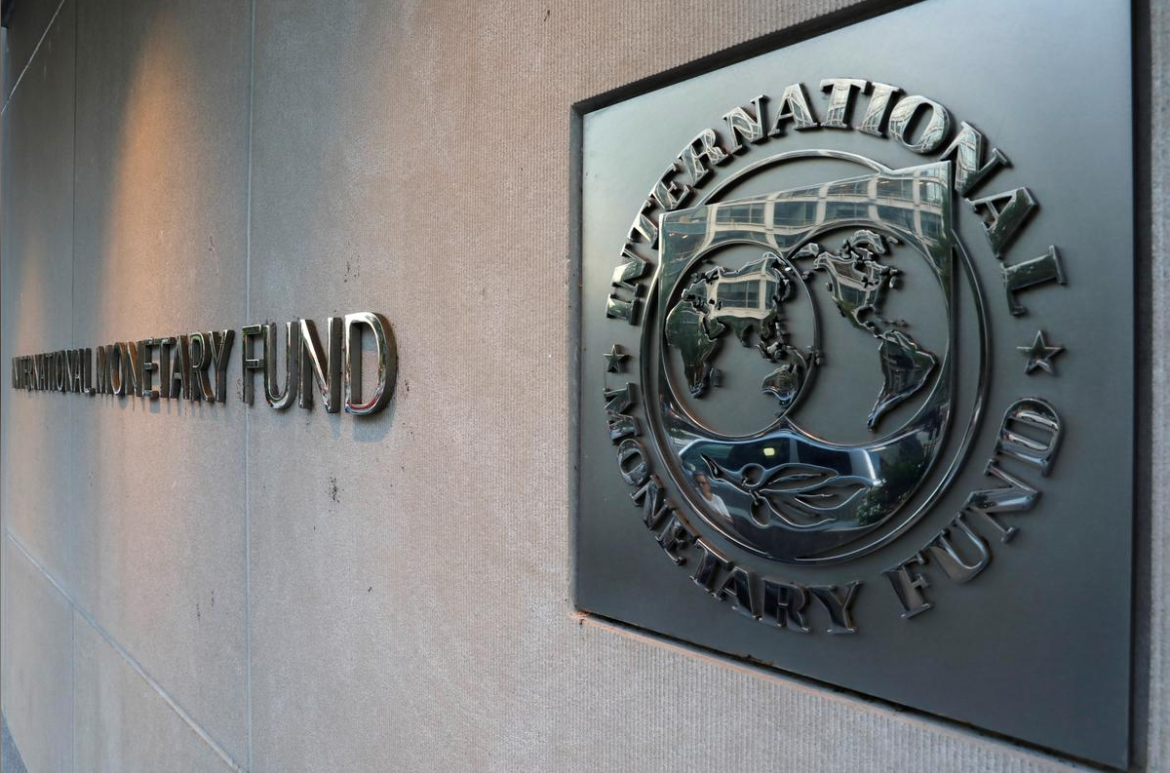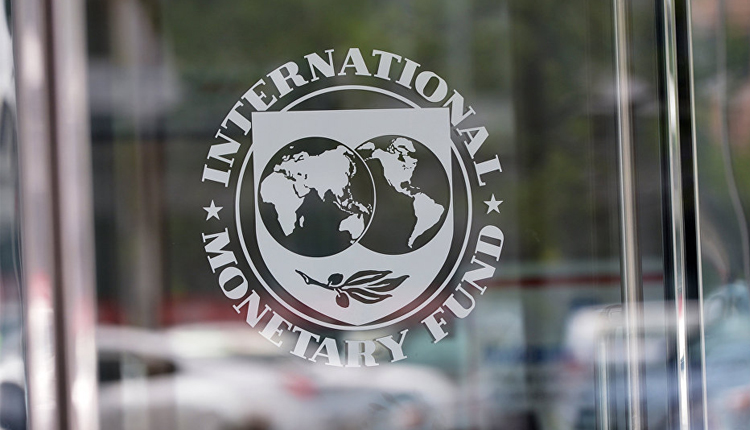
Egypt has reached a staff-level agreement with the International Monetary Fund (IMF) for a 12 month US$5.2 billion Stand-By Arrangement (SBA), the IMF announced in a Friday evening statement.
Following support under the IMF’s Rapid Financing Facility (RFI), Egypt’s agreement aims to alleviate the pandemic’s economic impacts while also maintaining macroeconomic stability, strengthen the social safety net and support reforms encouraging private-sector-led growth and job creation, the statement explained.
The IMF stated that financing from Egypt’s international partners is a crucial step to support key reform objectives and ensure the reform’s success.
This agreement comes in response to a request from Egyptian authorities followed by an IMF mission led by Uma Ramakrishnan, the statement added.
The mission held virtual meetings from May 19 to June 5 with Egyptian authorities to discuss the IMF’s financial support for Egypt’s policy plans, ensuring macroeconomic stability and strong economic recovery.
“I am pleased to announce that the Egyptian authorities and the IMF team have reached staff-level agreement on economic policies that could be supported by a 12-month SBA,” Ramakrishnan said in the statement.
“This agreement is subject to approval by the IMF’s Executive Board, which is expected to consider Egypt’s request in the coming weeks.”
“The SBA, with requested access of SDR 3.8 billion (equivalent to around $5.2 billion), supports the authorities’ efforts to maintain macroeconomic stability amid the COVID-19 shock while continuing to advance key structural reforms,” she added.
According to the statement, this arrangement safeguards Egypt’s gains made in the past three years and puts the country in a strong position to sustain its recovery, alongside higher and more inclusive growth and job creation within the medium term.
It added that the SBA also supports health and social spending, advance further reforms spurring growth led by the private sector and job creation, improve fiscal transparency, and serve as a catalyst for further bilateral and multilateral financial support.




